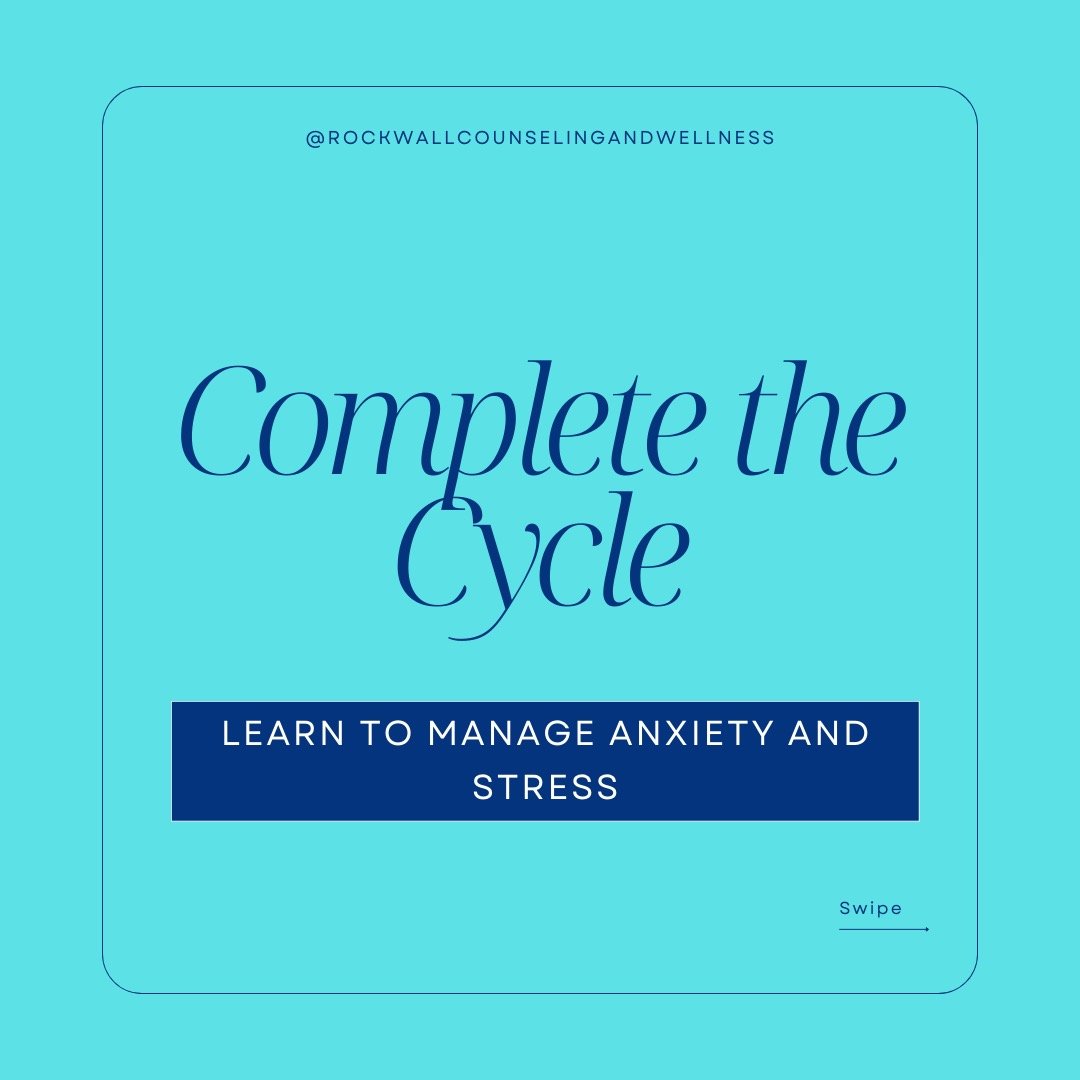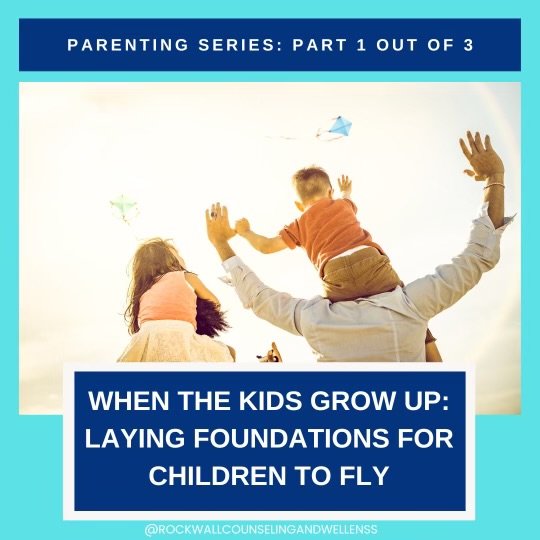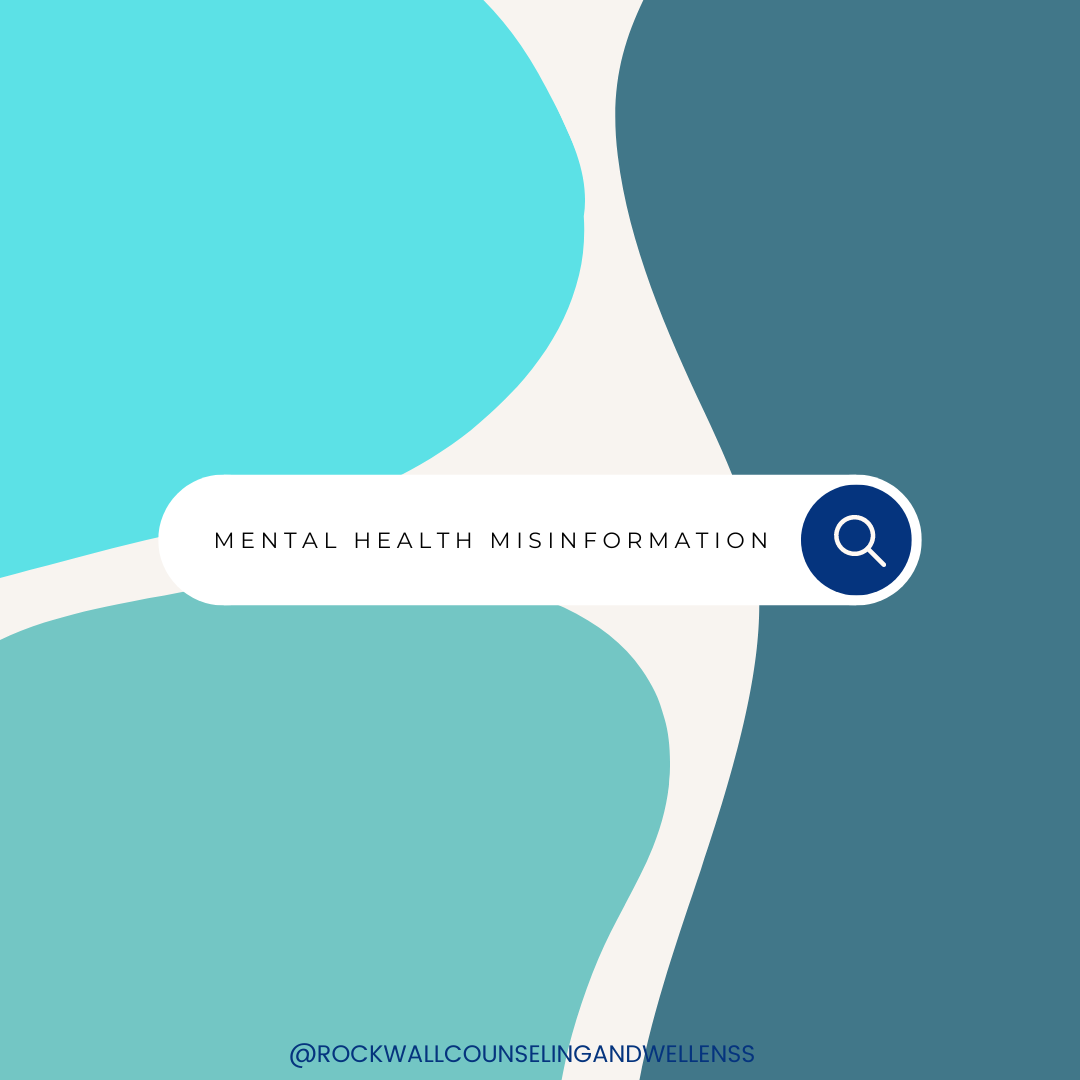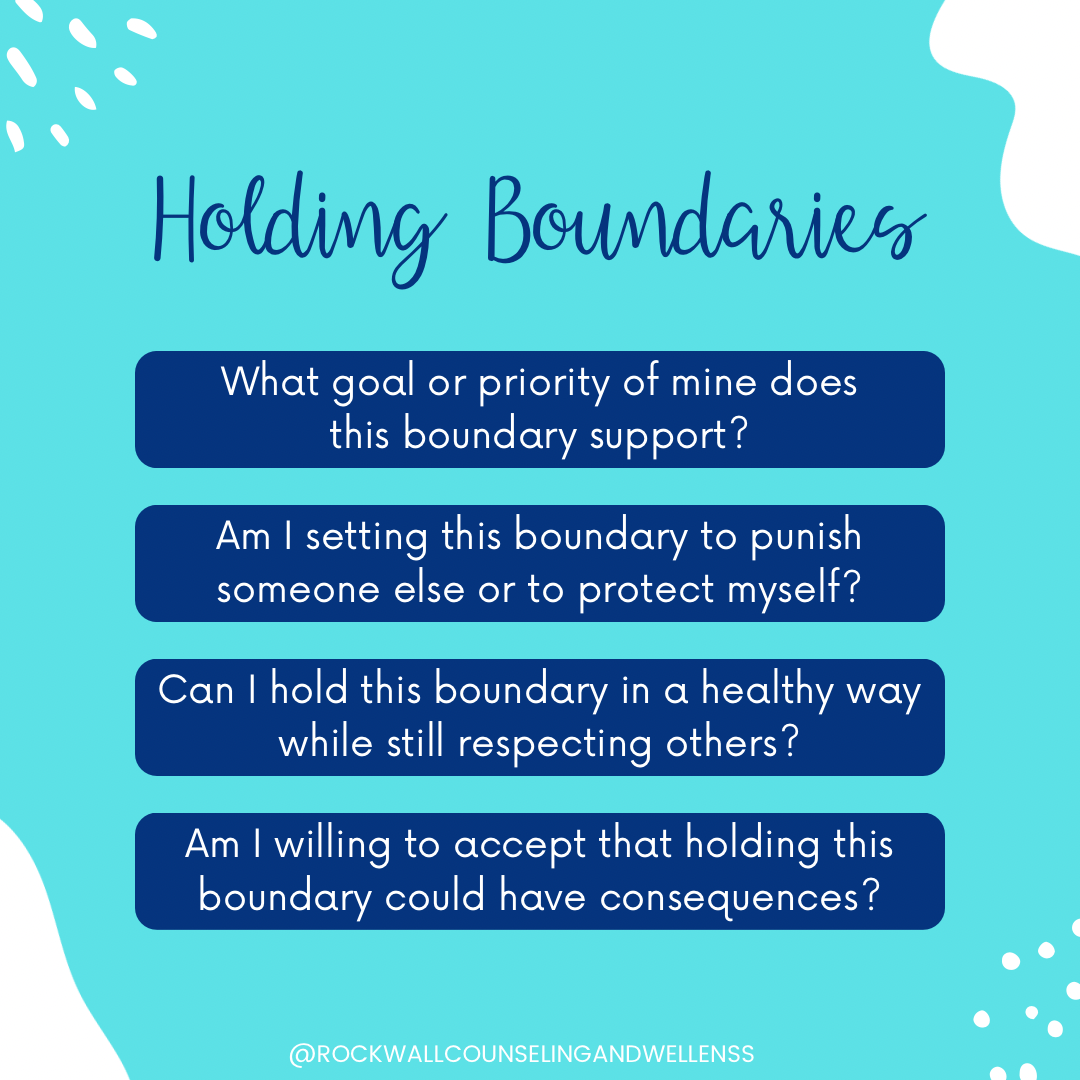THIS WEEK ON THE BLOG
Rockwall Counseling and Wellness would love for you to meet Megan Young, LCSW! Megan is passionate about helping those processing trauma, and we are so thankful to have her as part of our team. Get to know Megan a little more below!
Tell us a little about your journey to becoming a counselor. Where did you go to school? What are your degrees in? Are you originally from the Rockwall area?
I received my undergrad in Psychology and Crime and Justice Studies in 2005 from UTD with a fascination in human behavior. I had this idea of being a forensic psychologist. I started working at Children's Health in inpatient psychiatry in 2012 where I gained a huge amount of clinical experience working with multiple different disciplines and psychiatric concerns. From there, I received my Master's in Social Work in 2018, and was offered a position at the Children's Advocacy Center of Kaufman County where I interned as a clinical therapist. The experience added to my clinical foundation in trauma counseling, as well as working with an entirely new group of professionals.
We have only lived in the Rockwall area since 2017, before that we were in McKinney; but I am originally from <gasp> California! I have lived in Texas for 30 years, so surely you won't count that against me (lol, I love Cali though).
What type of therapy are you most passionate about? Why?
I am most passionate about trauma counseling with children, adolescents, and adults. Trauma comes in many different forms, which will repeatedly play out in a person's life until they process the trauma in a healthy way. Overcoming trauma is critical to living a healthy, happy life.
If you could have any job besides the one you have now, what would you want to be doing?
I feel like I have it made. There are challenging aspects of my job, but I get to sit and talk to people about their lives and experiences all day long. I guess if I had to do something else, I would run a boat marina on a lake or ocean.
What do you feel the biggest struggle facing your clients is?
I think what resonates with all of my clients regardless of age is their struggle with self-worth and seeing the good within themselves.
Who in your life do you most look up to? Why?
My dad. He went through a lot in his life, but always tried to be positive. He was a police officer for 29 years, and he epitomized unconditional love and acceptance of all people, regardless of their circumstances.
What is one piece of advice you would give your younger self?
You deserve to be happy.
What would you say to someone who is considering starting therapy, but doesn’t know if it’s worth the time or money?
Therapy can be hard and scary. You are basically being vulnerable to a complete stranger; but growth comes from vulnerability.
Are you a dog person or a cat person?
Both.
Do pineapples belong on pizza?
They are not a requirement, but I do like them on pizza.
What’s your favorite place to go out to eat in Rockwall?
Standard Service.
What do you like to do in your free time?
Gardening, boating, taking trips, hanging with friends and family.
What’s your favorite time of year?
So, I love the changing of every season; but my favorite time of year is the Christmas season.
Tell us a little about your family.
I live in the area with my husband, 17 year old daughter,13 year old son, and 2 dogs. They keep me very busy!
What is your favorite place to visit?
I have no shame in saying I am a Disney adult, but if Disney is not on the agenda you can find me at the beach or the mountains.
If you could have dinner with one person, living or dead, who would it be and why?
Bargaining is a stage of grief. I would give anything to have one more dinner with my dad.
Are you more introverted, extroverted, or a mixture of both?
I am an ambivert: introverted in new situations, but I will open up if I am comfortable with the people. In recent years, I have definitely become more aware of my need to recharge my social battery.
